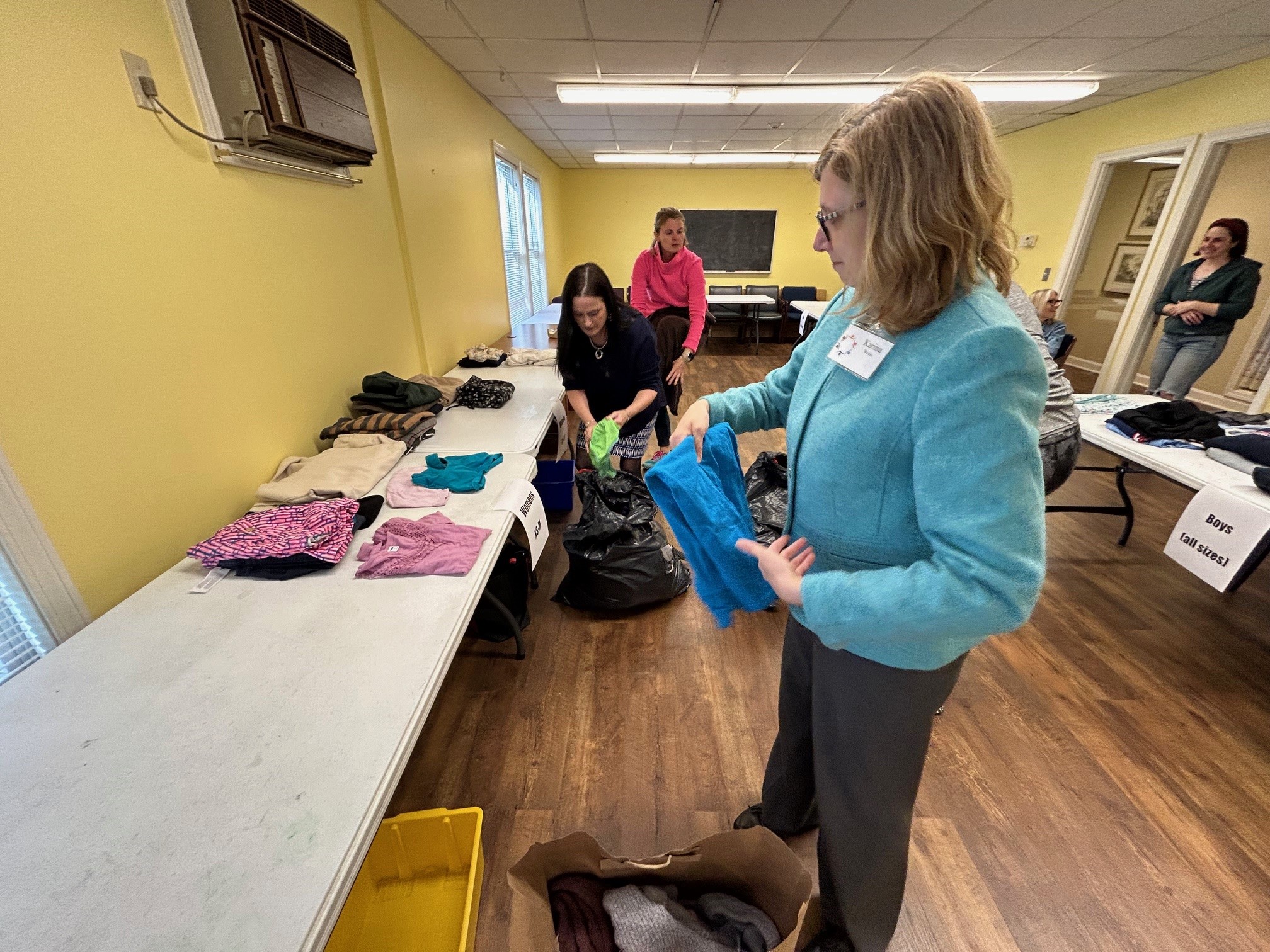The state Department of Environmental Protection admits it turned a blind eye to Sandra Herold and her 200-pound chimp that critically injured a woman in an attack in Stamford earlier this week.
Herold was allowed to keep Travis the chimp despite a state law prohibiting the ownership of a chimpanzee over 50 pounds.
Travis is gone. Police shot him while trying to put an end to the vicious attack that put Charla Nash, 55, of Stamford, in critical condition.
Now, folks are trying to make it so no one can ever again have a primate the size of Travis as a pet again.
The current law, passed in 2004, prohibits people from owning primates more than 50 pounds and requires exotic pet owners to apply for a permit.
Travis is behind that law. It was written after he led police on a chase in Stamford in 2003. Police did not seize Travis after the incident because he had been with Herold for years.
Travis is behind that law. It was written after he led police on a chase in Stamford in 2003. Police did not seize Travis after the incident because he had been with Herold for years.
State Attorney General Richard Blumenthal said the law leaves the commissioner of the state Department of Environmental Protection to determine the law on an “animal-by-animal” basis.
“It accords the commissioner just about complete discretion, which is wrong and a disservice to the public, to those animals and to the state government,” Blumenthal said. “Because it provides insufficient legal tools to really protect the public.”
Local
Blumenthal’s office is fighting for a law to be passed during this legislative session that would ban people from privately owning exotic and potentially dangerous pets.
Travis mauled Nash on Monday.Police said the chimp was agitated earlier that day and that Herold had given him the anti-anxiety drug Xanax in some tea.The drug had not been prescribed for the 14-year-old chimp.
Nash is in critical condition at the hospital with major injuries to her face and hands.
Stamford police said they are looking into the possibility of criminal charges. A pet owner can be held criminally responsible if he or she knew or should have known that an animal was a danger to others.
“This animal was probably illegally kept as far as that statute is concerned,” Blumenthal said.
The DEP is requesting that the public, police officers or animal control officers report people who might be keeping large primates as pets to their Wildlife Division.
Meanwhile, the Humane Society of the United States wants to national legislation passed. It is calling for support of the Captive Primate Safety Act, which prohibits interstate and foreign sales of primates as pets.
The bill, introduced Jan. 6, adds monkeys, great apes and lemurs to the definition of “prohibited wildlife species.”
On Feb. 4, that bill went to the Subcommittee on Insular Affairs, Oceans and Wildlife.
The Humane Society says about 15,000 monkeys and other primates are in private hands in the United States.



